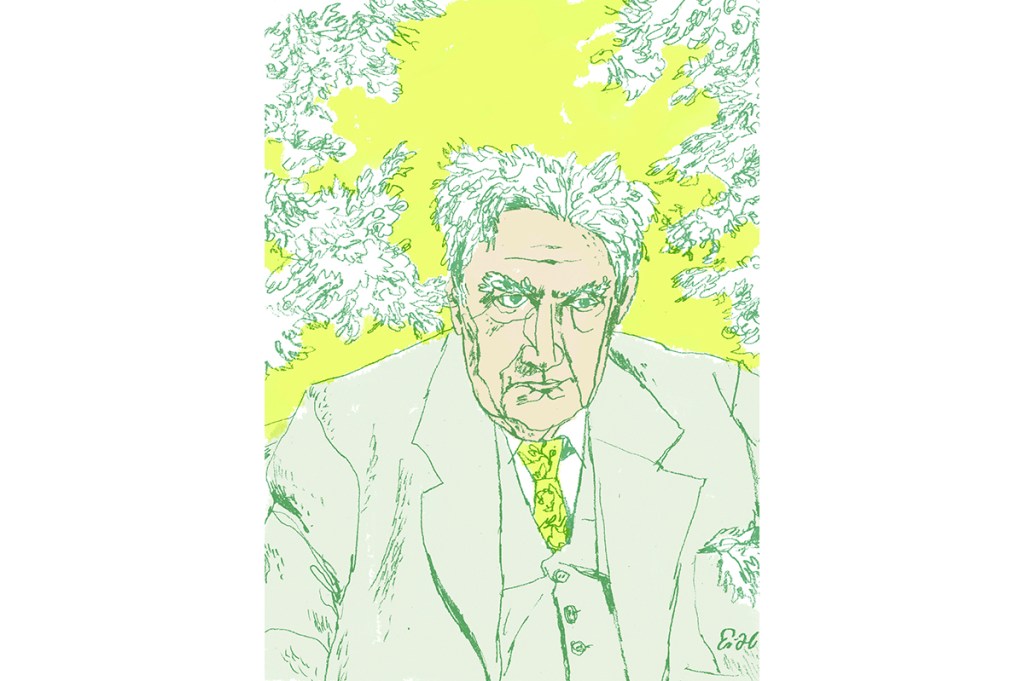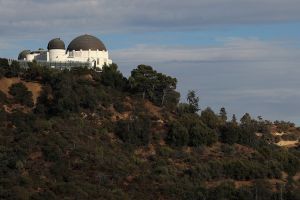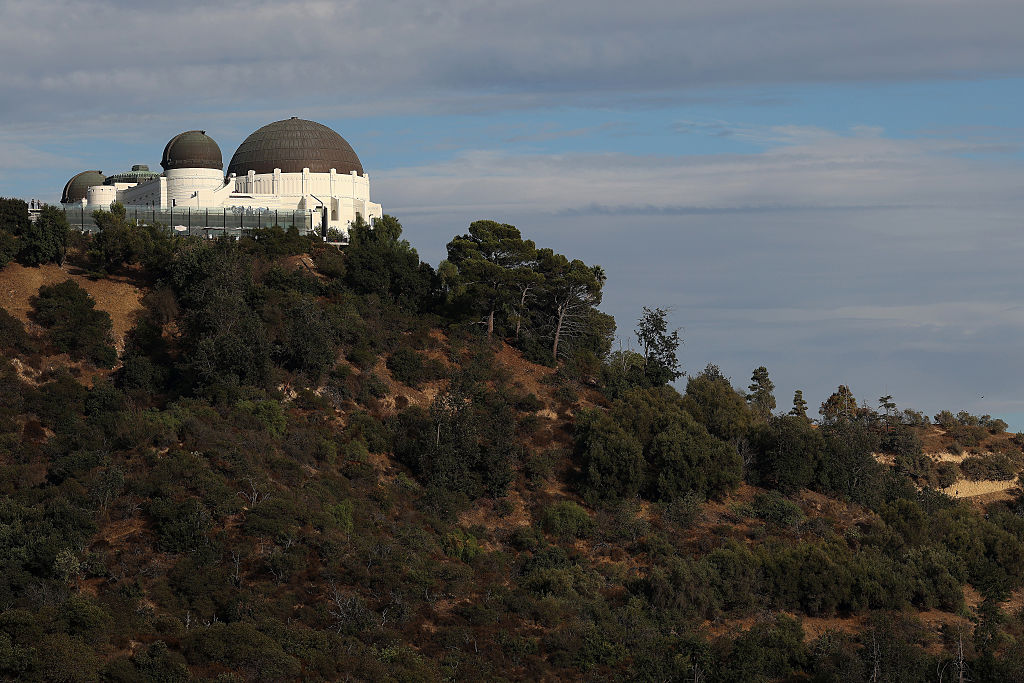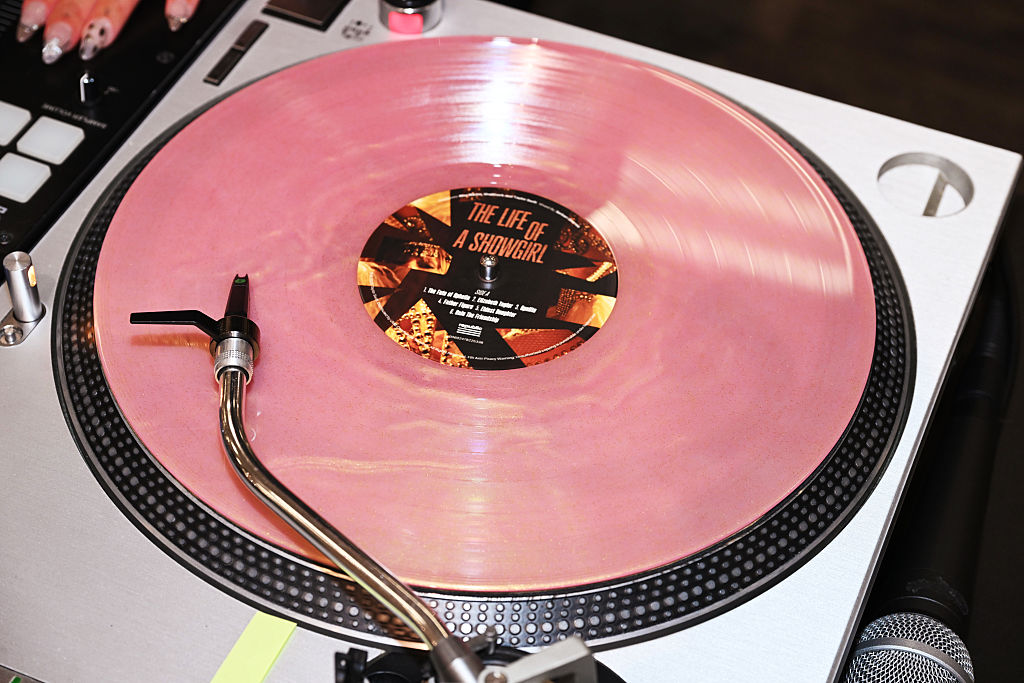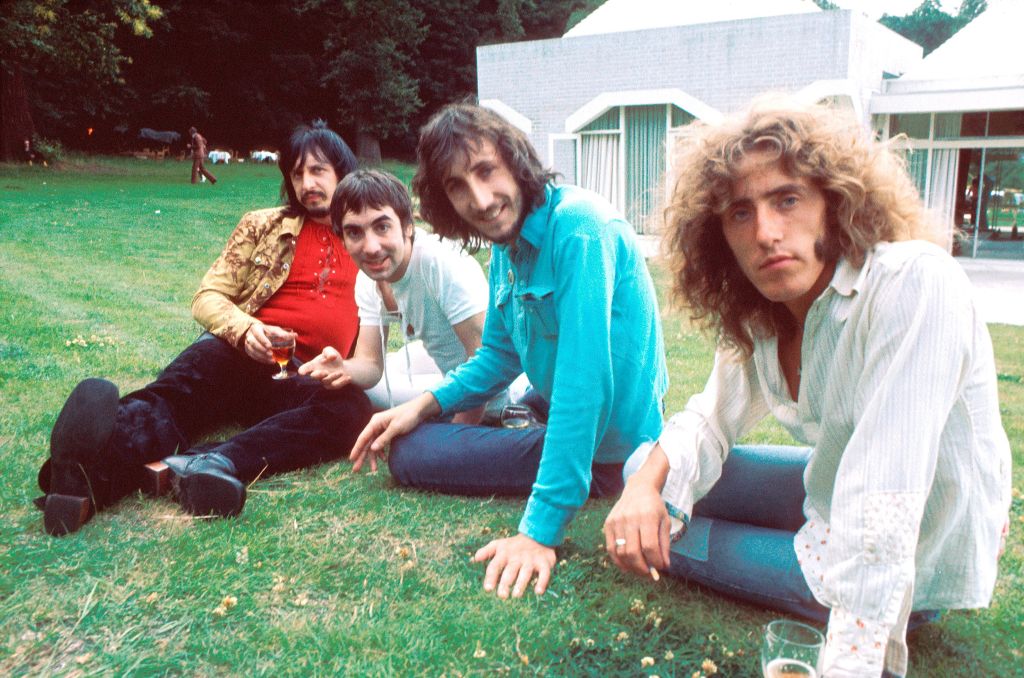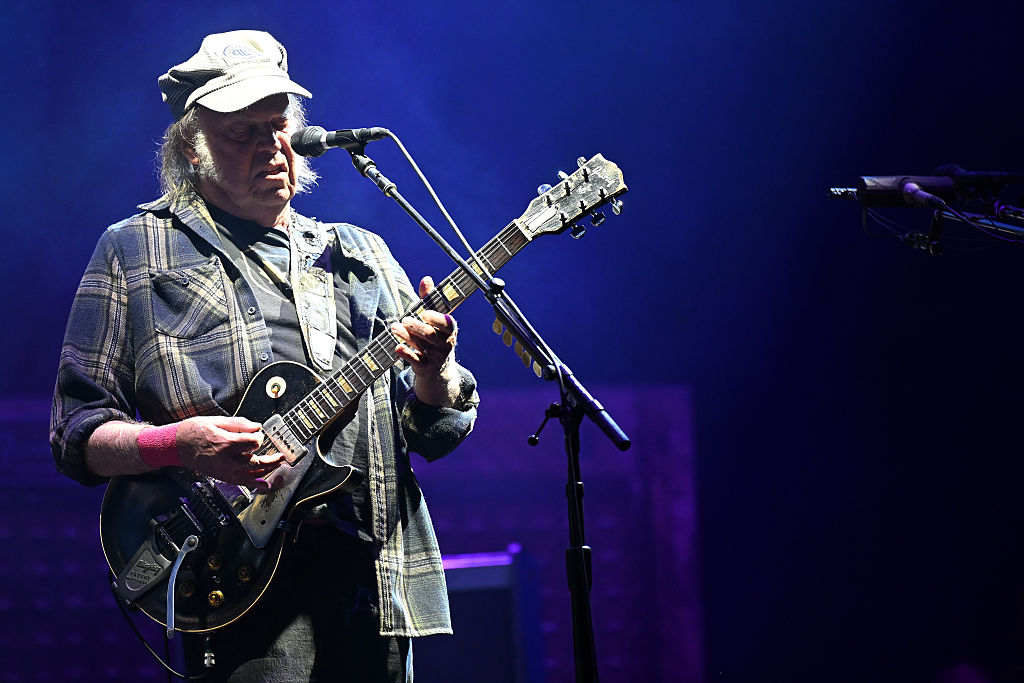To look at a picture of Ralph Vaughan Williams is like contemplating an image of a mountain. Not the elegant, keen-eyed Edwardian intellectual whom we sometimes glimpse on CD sleeves or in concert programs; I’m thinking of the portraits from the last decade of his long life. By the 1950s, “RVW” had been the father of British music for so long that he already seemed like part of the landscape, and he looked it too. The craggy jowls, the weathered thatch of gray hair; that questioning gaze — and beneath it all, those great, tumbling scree slopes of rumpled tweed.
In his 150th anniversary year he’s still there, towering in the middle distance of Britain’s national memory. Looking at the anniversary programming, you wouldn’t necessarily think that anything special had been planned. There’s a symphony cycle in Manchester; Job in Liverpool; and the Sinfonia antartica in Glasgow. In London and elsewhere there are performances of his Sea and London symphonies, as well as the explosive Fourth and the radiant Fifth. Plus, of course, many, many outings for that unlikely national favorite, The Lark Ascending, by groups ranging from the community-based Suffolk Philharmonic to the decidedly chic Britten Sinfonia.
True, these are uncertain times, but otherwise this is pretty much what you’d expect, anniversary or not. Vaughan Williams is a fixture in British concert halls, and the Fantasia on a Theme by Thomas Tallis and The Lark Ascending (now in its second decade at the top of the UK’s Classic FM station’s annual audience poll) are established classics. There’s even been a mini-backlash. The Guardian has deplored the “Brexity” audiences that love this music, and we’ve seen the emergence of a weird strain of inverted snobbery that assumes that if a masterpiece as subtle as The Lark (surely the supreme instance of a virtuoso showpiece that dazzles with gentleness rather than fireworks) becomes popular, it must therefore be populist.
Meanwhile Vaughan Williams endures, with conductors such as John Wilson, Antonio Pappano and Simon Rattle embracing his music, a new symphony cycle recently recorded by the Royal Liverpool Philharmonic Orchestra and another one currently in progress on the Hyperion label. Viewed that way, there doesn’t seem much more to say: RVW is abundantly capable of looking after himself. (Not that he was unduly bothered. How many artists, looking to posterity, would set up a Trust and then forbid it, as Vaughan Williams did, from promoting their own work?) And what would be our loss?
Martyn Brabbins is the conductor of the Hyperion symphony cycle, and the experience has shown him that popularity doesn’t necessarily equal overfamiliarity. “If we could dispel the pastoral myth, it would be fantastic,” he says. “OK, there are elements of that in Vaughan Williams, just as there were elements of Elgar that really were this great composer of empire. But that’s not the whole Elgar, and Vaughan Williams has suffered from a similar misperception. The cowpat epithet, for example.”
The outward serenity that makes a handful of Vaughan Williams’s works so beloved offers an easy line of attack. The post-war serialist Elisabeth Lutyens seems to have been the first to caricature Vaughan Williams and his imitators as the “cowpat school”: amateurish purveyors of “folky-wolky melodies on the cor anglais.” In fact, Vaughan Williams had studied with Bruch in Berlin and Ravel in Paris. His interest in folklore was part of a Europe-wide modernist impulse shared by Bartók and Stravinsky — a search for a future beyond the world-conquering (but rapidly imploding) Austro-German tradition.
And he kept searching. Born into a family of liberal intellectuals (he was the great-nephew of Charles Darwin), Vaughan Williams formed his own judgments and spoke plainly — sometimes bluntly. “I don’t think that sitting down and thinking about great things ever produces a great work of art; at least I hope not — because I never do so,” he told a correspondent in 1937. He was intensely aware of his times. “He reinvents himself, just like Beethoven,” says Brabbins. “Every symphony breaks new ground.”
The nine symphonies travel from high-Edwardian idealism to the era of the hydrogen bomb, and there are some startling moments along the way. At the start of World War Two, the sixty-eight-year-old Vaughan Williams reinvented himself as a film composer. A highlight of this anniversary year’s performances will be the Barbican’s screening of the 1948 movie Scott of the Antarctic — with Brabbins and the BBC Symphony Orchestra performing Vaughan Williams’s score live.
“He embraced film music,” says Brabbins. “Again, that’s a sign of the open-mindedness of the man.” If the sweep, the austerity and the sheer strangeness of this film score don’t convince you that we’re dealing with a modernist master of uncompromising originality, try the Sinfonia antartica that he created from it. Grinding organ chords evoke glacial crevasses; we’re not in Gloucestershire anymore. Years ago, I played string quartets with an octogenarian viola player who’d attended the symphony’s premiere in Manchester in 1953. “I booed it,” he told me. “I didn’t want to encourage this modern stuff.”
In truth, Vaughan Williams had been writing “modern stuff” for decades. Emotional honesty was a constant throughout his career, and with luck we’ll hear a few of the less reassuring examples this year. The song cycle On Wenlock Edge, which opens in the teeth of a gale and ends by striding calmly toward doomsday; or the raw human tragedy of the one-act opera Riders to the Sea. Throughout, there’s an overwhelming sense of the artist’s moral responsibility, expressed with a ferocity that grows only more intense as Vaughan Williams — who’d served as an ambulanceman on the Western Front — confronted a second world war, and then the probability of a third.
The soaring, pastoral prewar Vaughan Williams reappears briefly near the start of the Sixth Symphony of 1948 and is annihilated forever in a firestorm of sound. From then on, the old man’s path gets stranger and braver: through the desolation of the Sinfonia antartica, with its disembodied voices; to the Technicolor playground of the Eighth Symphony (1956), which opens with vibraphone and trumpet sonorities out of bebop or Boulez. And finally, the brooding Ninth, completed months before his death at the age of eighty-five — standing like a monument on the brink of silence, before dissolving into eternity in a shimmer of harps.
Vaughan Williams cited Thomas Hardy as an inspiration, but if this is still recognizably England (and somehow it is), it’s surely one of Paul Nash’s surreal dreamscapes, while its creator — that jowly, kindly old heap of tweed — sounds more than ever like a prophet out of William Blake. In 1958, six weeks before he died, he wrote a letter to the pupils of a primary school in Norfolk. “It is necessary to know facts, but music will enable you to see past facts to the very essence of things in a way which science cannot do,” he told them.
He was too honest to promise that they’d like what they saw. One hundred and fifty years after his birth, we’ve gotten used to drawing comfort from the sounds that Ralph Vaughan Williams gave us. It remains to be seen whether we’re ready to handle the truths that they tell.
This article was originally published in The Spectator’s April 2022 World edition.



